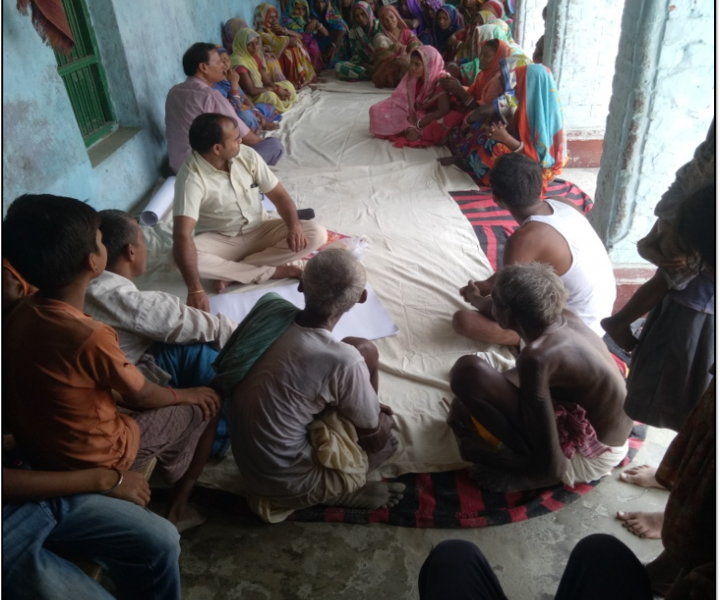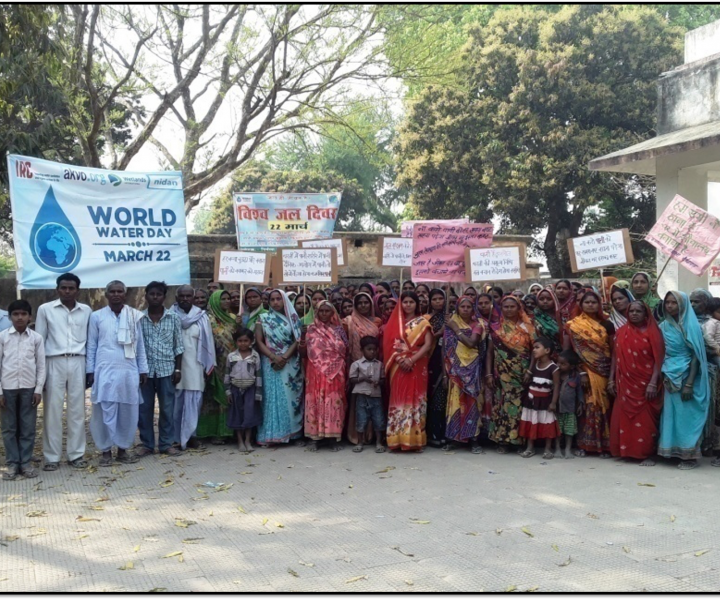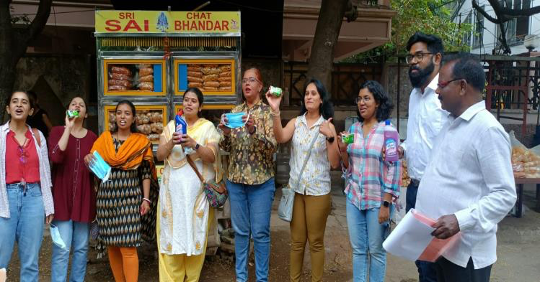Water, Sanitation and Hygiene
Water, sanitation, and hygiene (WASH) are essential components of public health and well-being. Access to clean water, proper sanitation facilities, and good hygiene practices are fundamental human rights that significantly impact health outcomes, education, and economic development.
Water: Access to safe and clean water is crucial for drinking, cooking, and sanitation purposes. Unfortunately, millions of people worldwide lack access to clean water sources, leading to waterborne diseases and diminished quality of life. Sustainable water management and infrastructure are essential for ensuring equitable access to safe drinking water.
Sanitation: Adequate sanitation facilities, including toilets and waste disposal systems, are critical for preventing the spread of diseases. Improved sanitation not only protects public health but also upholds human dignity and ensures privacy, particularly for women and girls. Investing in sanitation infrastructure is an investment in community health and well-being.
Hygiene: Good hygiene practices, such as handwashing with soap, proper food handling, and safe disposal of waste, play a crucial role in preventing the transmission of diseases. Promoting hygiene education and behavior change interventions can significantly reduce the burden of infectious illnesses and improve overall health outcomes.
Collectively, addressing WASH issues requires coordinated efforts from governments, non-governmental organizations, communities, and individuals. Sustainable development goals emphasize the importance of achieving universal access to safe water, sanitation, and hygiene to ensure a healthier and more equitable world for all.



